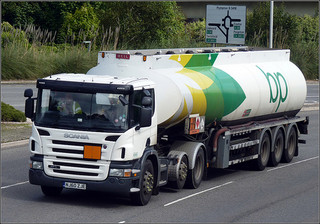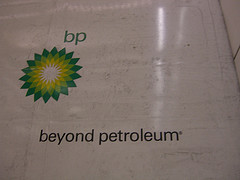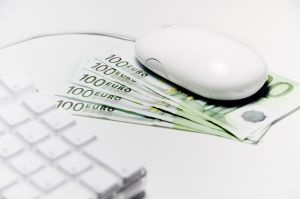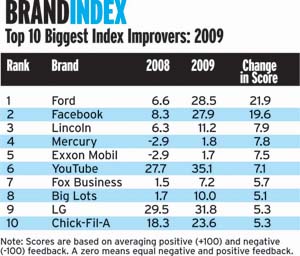 It’s been nearly three years since the catastrophic April 2010 oil spill in the Gulf of Mexico occurred, but for the company behind the tragic events, BP, negative brand sentiment is still rampant.
It’s been nearly three years since the catastrophic April 2010 oil spill in the Gulf of Mexico occurred, but for the company behind the tragic events, BP, negative brand sentiment is still rampant.
Despite agreeing to a $4.5 billion settlement, the highest fine in United States history, consumers still aren’t willing to forgive the company and brand that was responsible for spilling millions of barrels of oil into the Gulf of Mexico, which killed 11 people and far more wildlife.
Within a few weeks of the April 2010 oil spill, research reports from various companies and organizations revealed just how far the BP brand image had been tarnished by the events. According to a USA Today/Gallup poll at the time, 34% of the respondents rated BP’s response to the spill as “poor” and 39% rated it as “very poor.” Only 6% rated BP’s response as “very good,” and 18% rated it “good.”
In June 2010, YouGov and The Economist conducted a separate survey. When respondents were asked whether or not they trusted BP to “do the right thing in stopping the oil spill and cleaning it up” the results showed that negative sentiment was still the predominant feeling that consumers felt towards the BP brand.:
- 27% had no trust in BP at all.
- 24%dvery little trust in BP.
- 24% had only some trust in BP.
- 13% had quite a bit of trust in BP.
- 6% had a great deal of trust in BP.
Results from an August 2010 poll conducted by GfK Roper Public Affairs & Corporate Communications revealed that 66% of respondents disapproved (40% disapproved “strongly”), “of the way BP was handling the oil spill that was caused by the rig it was operating in the Gulf of Mexico.” That was down from the 83% who disapproved in a June 2010 poll, but it was still far from giving BP any peace of mind that the oil spill was behind them yet even though oil was no longer gushing into the Gulf of Mexico.
Fast forward to 2012, and BP launched its first television advertising in the United Kingdom since the Gulf of Mexico oil spill of 2010 when it rolled out a campaign to promote its sponsorship of the 2012 Olympic Games in London. Now, BP plans to expand its strategy of hyping its efforts to “do good” through a new advertising push with a goal to boost positive brand sentiment.
According to Marketing Magazine, BP will launch new television, print, and online advertising to “make people feel more positive” about BP by focusing on the company’s cultural sponsorships, which include partnerships with the Royal Opera House and British Museum.
Will it work? This effort will require a very sensitive tone, but when the campaign launches in March 2013, nearly three years will have passed since the tragedy that damaged the BP brand occurred. It’s certainly time for the brand to make a strategic effort to revitalize its image. Brand sentiment for the BP brand won’t change unless the company finds a way to regain some sense of trust with consumers, and that won’t happen unless the company gives them a reason to trust the brand again. Will ads hyping feel-good partnerships do the trick? It’s a start. Hopefully, there will be more to come from the effort after the March 2013 roll-out.
What do you think?
Image: Graham Richardson
 Earlier this month, I wrote a post about how the
Earlier this month, I wrote a post about how the  Just how important is it for brands to ensure consumers have positive perceptions of a company’s efforts to keep their private data secure? For 91% of internet users in the United Kingdom, online privacy policies directly affect their decisions to do business with a company. That statistic comes from a study by Accenture from August of 2012, and it tells just a small part of the story.
Just how important is it for brands to ensure consumers have positive perceptions of a company’s efforts to keep their private data secure? For 91% of internet users in the United Kingdom, online privacy policies directly affect their decisions to do business with a company. That statistic comes from a study by Accenture from August of 2012, and it tells just a small part of the story. In the
In the  Results from a
Results from a  According to a
According to a